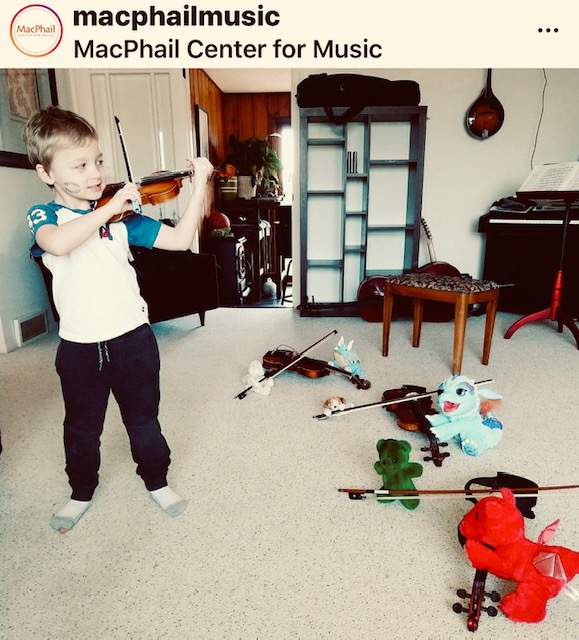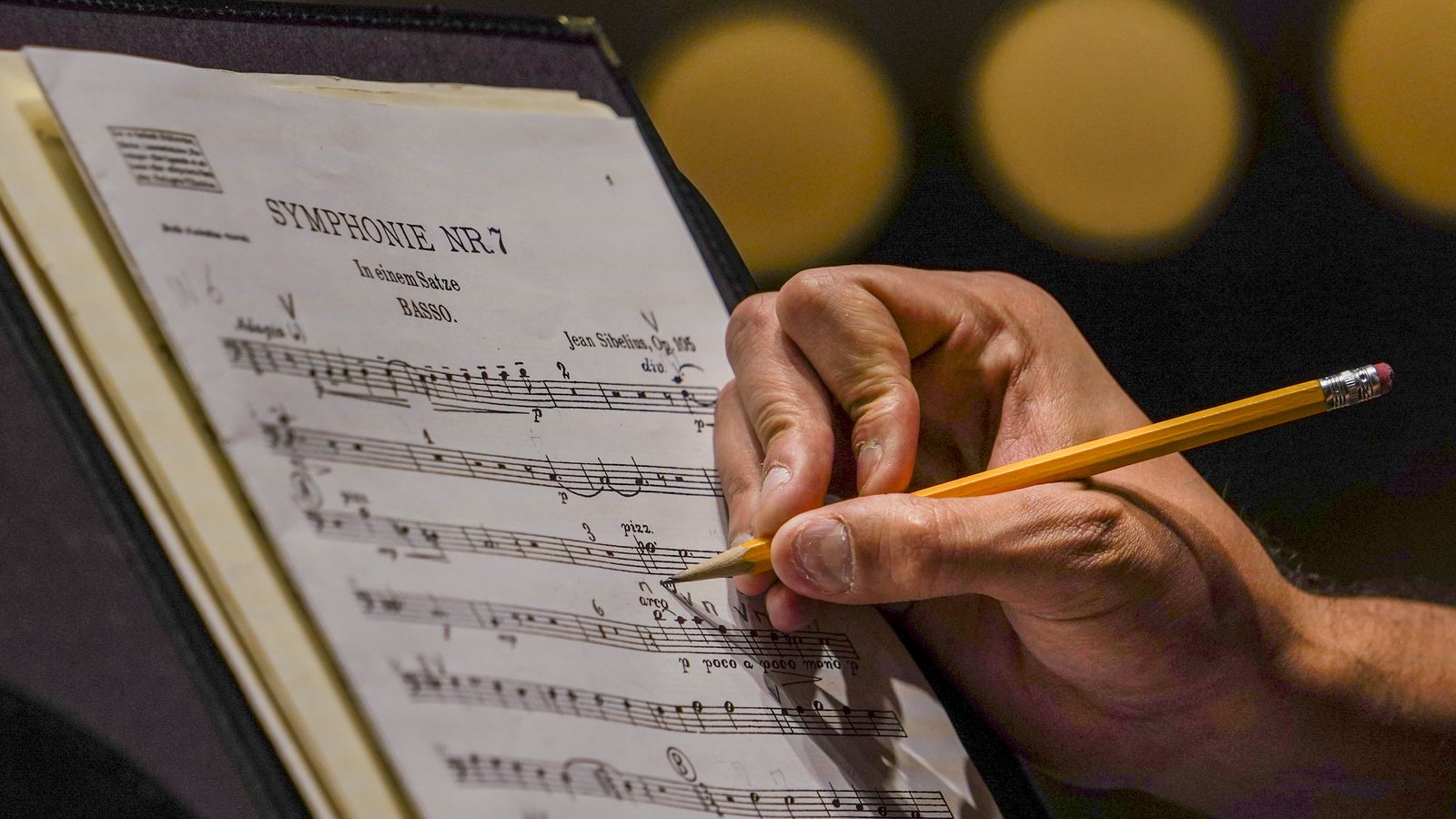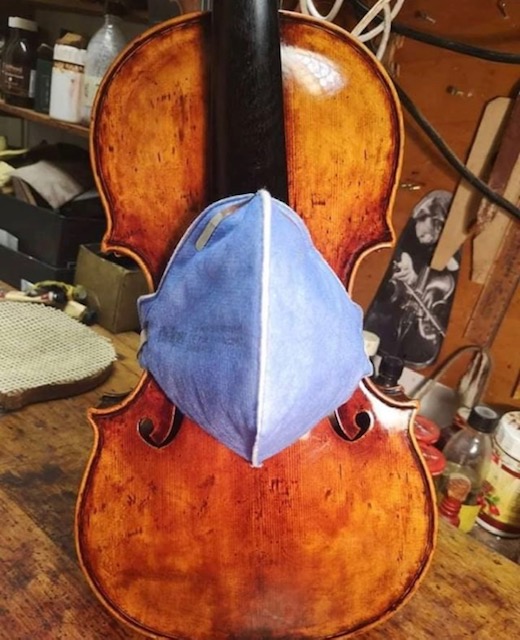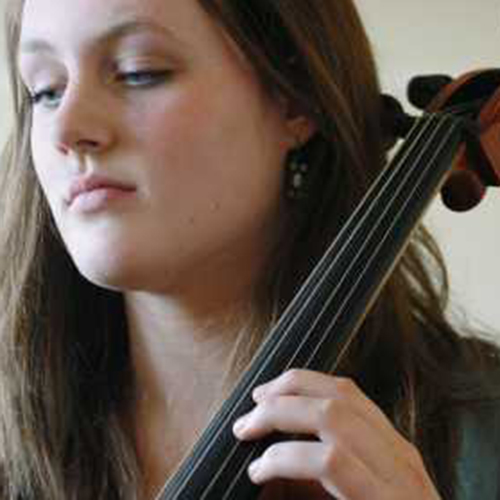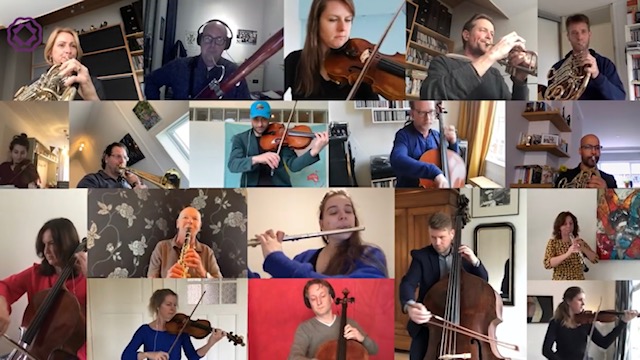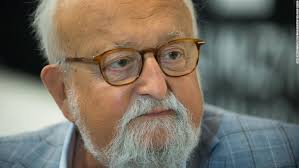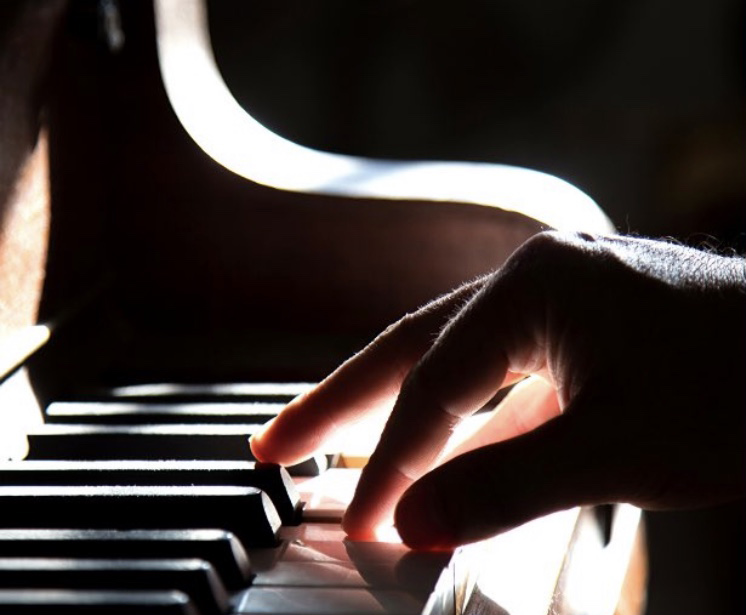With our kids at home, many of us are at a loss as to how to continue their music education while also finding time to practice or get other work done ourselves! There are certain prerequisites before beginning music lessons.
Blogs
It may sound strange if I told you I get warned on a regular basis at work – but it might not be for the reasons you would think. I’m talking about the world of orchestral parts; often well-used, dog-eared
The current world situation and the spread of the biggest pandemic of the century — resulting in quarantine and isolation —has brought many people in front of one of their scariest fear: solitude. Contradictorily, for the artists it is a
Times are tough. We all need a laugh and many musicians are among those who are lightening the mood with crazy jokes, and stunts. For eons viola players have been the brunt of classical music jokes. Here’s one—Why do violists
The coronavirus is forcing us to practice social distancing and self-isolation. As I joked on Twitter the other day, musicians, and especially pianists, have been self-isolating for years! The musician’s life is, by necessity, lonely for in that sequestered time
Music and artists to the rescue. As we are quarantining, as perhaps never before, we are experiencing the value of music and the arts. We’re finding ways to collectively enjoy it virtually, by QuaraStreaming concerts, opera, chamber music, and individuals
Throughout his life and career, Krzysztof Penderecki (1933-2020) considered music a fundamental and essential part of the human condition. He started composing when he was six, and his whole life as an artist has been a never-ending search for self-expression.
During social distancing, musicians and arts organizations are coming up with ways to continue to reach our audiences and our students. We also always resort to some silly games. Here are a few that my colleagues and I are engaging

